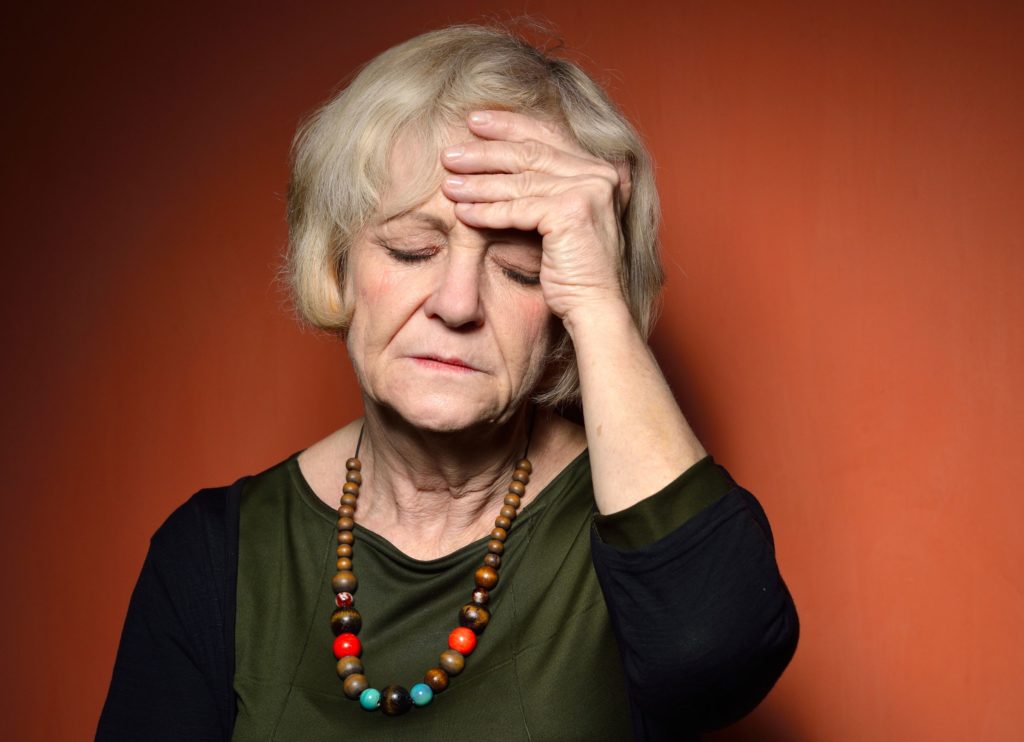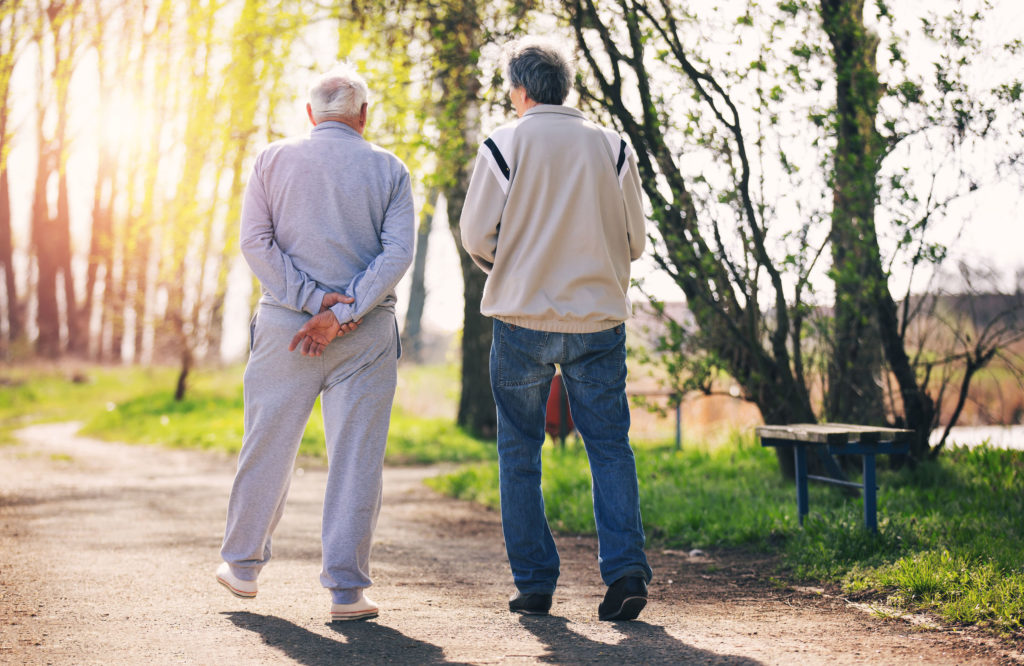Many times, the health issues seniors deal with are generally outward and strictly physical. However, one’s health depends on both physical and mental aspects in order to live well. Honestly, someone could be completely healthy in terms of their physical health, but may still suffer from this increasingly common condition — generalized anxiety. Considering the prevalence and growing awareness of this issue, we’ll explore ways professionals are treating anxiety in the elderly and how to identify this condition.

Historically, anxiety disorders found in younger populations convinced many that individuals mostly outgrow such conditions. Now, we’re learning that anxiety in the elderly is among the other well-known “geriatric giants” of mental health. Affecting 10-20 percent of the total senior population in the U.S., generalized anxiety disorder (GAD) is twice as common as the dementias (8 percent), and four to eight times more prevalent than major depressive disorder (1-3 percent). Clearly, recognizing this issue and encouraging professionals treating anxiety in the elderly is incredibly important!
Ways to Recognize GAD
Anxiety disorders in many populations, though particularly seniors, are thought of as “silent.” This refers to the difficulty in diagnosing anxiety — sometimes leaving it entirely overlooked! Realize that for those experiencing anxiety, it’s common for individuals to conceal their conditions. This is due to some of the symptoms inherent of GAD:
- Feelings of vulnerability
- Hypervigilance to threats (real or imagined)
- Undirected emotional stress
- Persistent worrying
- Difficulty handling uncertainty
- Indecisiveness
- Inability to relax
Physical Symptoms of GAD Include:
- Fatigue
- Trouble sleeping
- Muscle tension or aches
- Trembling
- Sweating
- Nausea
- Irritability
Notably, treating anxiety in the elderly confronts the reality that GAD often overlaps with other mental health conditions such as depression and even diseases like Alzheimer’s and dementia. Given that acute anxiety can often cause physical symptoms, there is additional overlap in areas like cardiovascular health, arthritis, and others. Really, it’s no secret that these things can affect someone’s wellbeing — even if they refuse to admit that their condition is detrimental.
Treating Anxiety in the Elderly
If a senior’s anxiety is interfering with their ability to live, work, or just maintain their happiness, seeking professional help is recommended. In terms of diagnosing GAD later in life, this condition is often characterized by more than six months of worry about a number of life domains, in addition to any combination of the symptoms mentioned above.
Now, let’s take this next section carefully:
According to Medscape.com, research on the pharmacological treatment of anxiety disorders in late life is sparse compared to younger populations. Already we know that drugs such as benzodiazepines are frequently overprescribed, in addition to the considerable amounts of pills many seniors take. Nonetheless, for those treating anxiety in the elderly, the route taken often involves antidepressants. First, the dosing is slow and gradual until a stable effect has been achieved. Still, this is only one facet of treating this condition.

Either as a standalone option or in addition to prescriptions, talk therapy is highly recommended. Considering that anxiety is often a highly cerebral ailment, it is incredibly useful to verbalize one’s emotions. Meeting regularly with psychiatric professionals helps anxious seniors achieve a better handle on their own symptoms. And while it’s not uncommon to add pharmaceuticals into the mix, some can get by without them. Otherwise, common treatments include:
- Keeping physically active
- Getting enough sleep
- Eating healthily
- Avoiding alcohol and recreational drugs
- Quit smoking and/or drinking caffeine
Treating anxiety in the elderly isn’t always very straightforward, however, there are solutions available! If you or someone you know is dealing with GAD, know that professional help is the best route to go. Be sure to share this blog to help others live happy, healthy lives!






July 4, 2018
Thanks for sharing this amazing and fruitful content with us. We will surely share this to others, as it help many in different forms. Thanks again!